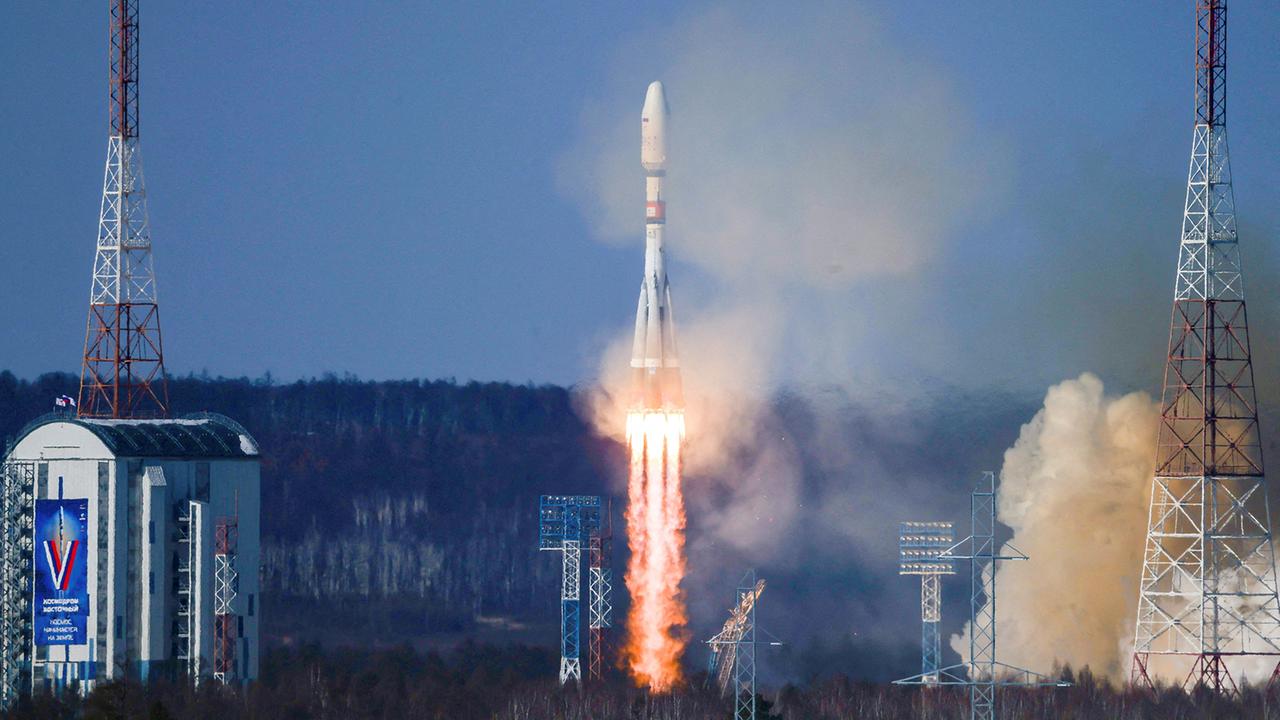There has been speculation about an arms race in space for some time. Now the USA is accusing Russia of having launched a weapon into space. This satellite is said to be capable of attacking other satellites.
According to the US, Russia has sent a satellite into space that is probably a space weapon. The satellite could probably attack other satellites and is in a low-Earth orbit, said Pentagon spokesman Pat Ryder.
The missile carrying the weapon is said to have been launched on May 16. Ryder said the satellite is now in the same orbit as a U.S. government satellite. When asked if it posed a threat, he replied:
Well, it is an anti-space weapon in the same orbit as a US government satellite.
Ryder also said that similar Russian launches had already taken place in 2019 and 2022. Russian Deputy Foreign Minister Sergei Ryabkov rejected the US accusation, saying Moscow opposes the use of weapons in orbit.
Russia rejects allegations
In February, US media reported, citing government sources, that Moscow might want to install nuclear weapons in space. This could be used to attack other satellites. Russian President Vladimir Putin rejected the allegations, saying that the country is against stationing nuclear weapons in space.
Resolutions against arms race in the UN Security Council
The possible arms race in space has already been the subject of several resolutions in the UN Security Council. In April, the USA and Japan introduced a draft text. Among other things, it called on all states to prevent an arms race in space. Germany supported the draft. The resolution failed due to a veto by Russia.
On Monday, a Russian resolution against an arms race in space failed in the vote because of a dissenting vote from the USA.
The April draft resolution stated that a detonation of a nuclear bomb or other weapon of mass destruction in space would have serious consequences for space activities and planet Earth.
US Ambassador Linda Thomas-Greenfield said an explosion could “destroy thousands of satellites operated by countries and companies around the world, wiping out vital services for communications, science, meteorology, agriculture, the economy and national security.”




